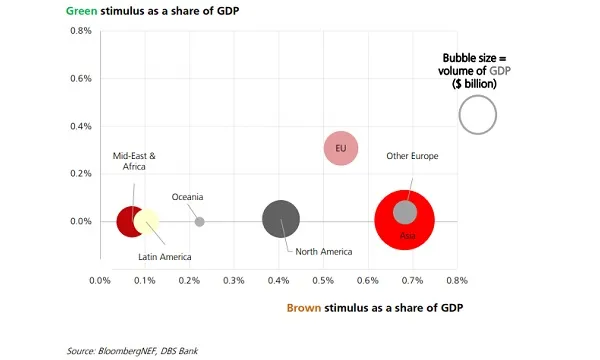
Asia lags in energy transition policy response: report
Governments have been prioritising immediate needs such as wage subsidies.
Although the pandemic has accelerated energy transition worldwide, Asia is still lagging in policy response so far, with only a few countries in the region declaring green measures, according to a report from DBS Group Research.
In addition, general stimulus efforts will likely only support the current “brown” trajectories in countries without sound climate policies.
The world will be unable to meet its climate change goals if Asia is not on board, as China (29%), India (7%) and rest of Asia Pacific (15%) churn out 51% of global carbon emissions, owing to population concentration and higher dependence on fossil fuel, the report stated.
Other near-term challenges still persist even as the long-term uptrend of renewable energy development will remain intact. Pandemic-related risks such as postponement of projects, lower returns on renewables projects owing to removal of incentives, and continuing reluctance on the part of policymakers to effect changes also continues to be present.
Further, the sector faces renewable supply chain concentration in China, which could lead to unwanted disruptions, as well as manpower issues. Whilst the transition will benefit employment in the longer term, there could be a temporary supply mismatch, lack of training facilities, possibility of pay cuts for workers switching careers and relocation issues.
Furthermore, DBS criticised the lack of political will to remove fossil fuel subsidies in many countries, which have “distorted the energy sector.” Bottlenecks also remain in existing energy infrastructure which was built around the fossil fuel industry, and cannot cope with the high growth of renewables which is non-dispatchable. These will lead to more grid congestion, grid reliability issues and lower-than-expected renewables project returns, the report noted.
Currently, governments in Asia have been mainly focussing on easing immediate economic fallout through the provision of wage subsidies, unemployment benefits and support to the financial sector.
With this, DBS called for governments to consider aligning their pandemic fiscal stimulus measures to align more closely with energy transition goals, given that non-fossil fuel jobs in the energy sector are much more labour intensive, and employment generation is a key goal in many Asian countries.
“The inflection point is behind us, a wait and watch policy is no longer valid, and legacy players need to adjust business models to embrace the transition, or risk falling behind. In addition, policymakers globally need to take this opportunity to recalibrate their green goals as well, particularly in Asian countries,” the report stated.
Still, with climate change risks now firmly established, there has been a growing chorus amongst common people, experts, voters, investors, corporates and increasingly even policymakers to work towards green and equitable economic growth.
Because of this, green financing continues to gain momentum and corporates globally are progressively embracing green energy to boost ESG scores, as more investors are incorporating ESG considerations in their investment framework, the report stated.
“This will lead to a distinct uptrend in companies procuring green energy for their operations, as well as companies producing green energy for sale or captive consumption,” DBS said.


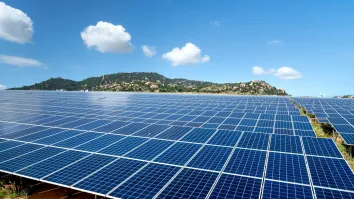
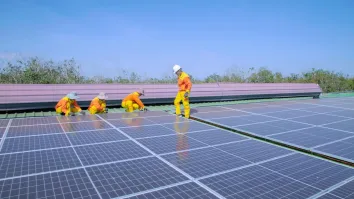
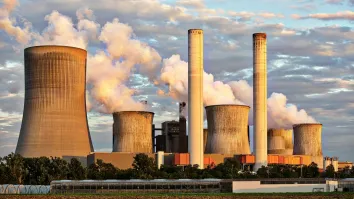
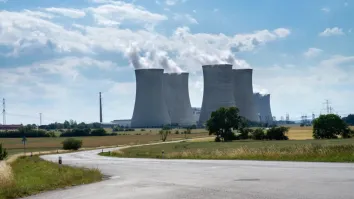













 Advertise
Advertise






